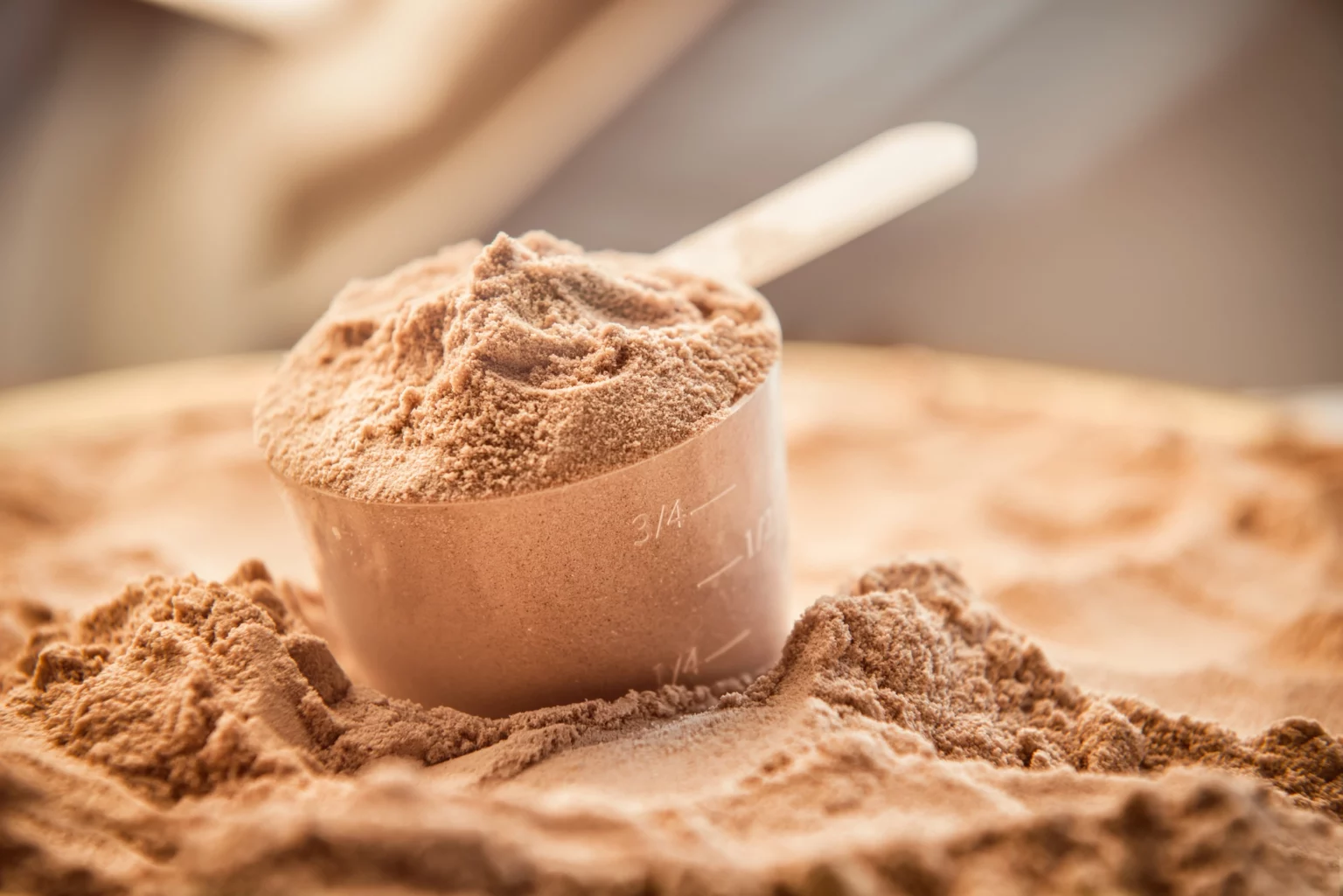Whey protein is a widespread protein supplement sold as being able to enhance one’s muscular routine and make stronger, leaner muscles. It’s usually taken pre-workout and is ingested as a powder and is also sold as part of a protein shake.
This demanded protein comes from whey which is milk’s watery portion separated from curds. Cow’s milk consists mainly of two proteins: casein and whey.”
Uma Naidoo-MD, director of nutritional and lifestyle psychiatry at Massachusetts General Hospital said.
She describes that the whey part of the protein is considered to be a whole protein as it contains all nine essential amino acids which are histidine, isoleucine, leucine, lysine, methionine, phenylalanine, threonine, tryptophan, and valine.
Taking whey protein is one form to improve dietary protein intake, and the “amino acid profile of whey protein allows for maximal protein synthesis.”
Carol Johnston-Ph.D., RD, a professor of nutrition at Arizona State University
Why you should consume whey protein?
Whey protein supplementation has been found to help support athletic performance in a literature review, explains Naidoo.
Whey protein is also taken for being pleasing with diabetes, immune health, asthma, and weight loss. At the very least, whey protein is a highly bioavailable source of animal protein that is absorbed quickly after ingestion, says Johnston.
Is whey protein safe to consume?
Despite Harvard Medical School’s warns of risks in whey protein still it is not known to provoke harm in adults when consumed in average amounts, especially in protein insufficient or those requiring more such as athletes or the elderly.
Naidoo says for such people, whey protein is an alternative worth thinking to increase your protein intake, but adds that such supplementation must be temporary and shouldn’t take the spot of a healthy diet.




